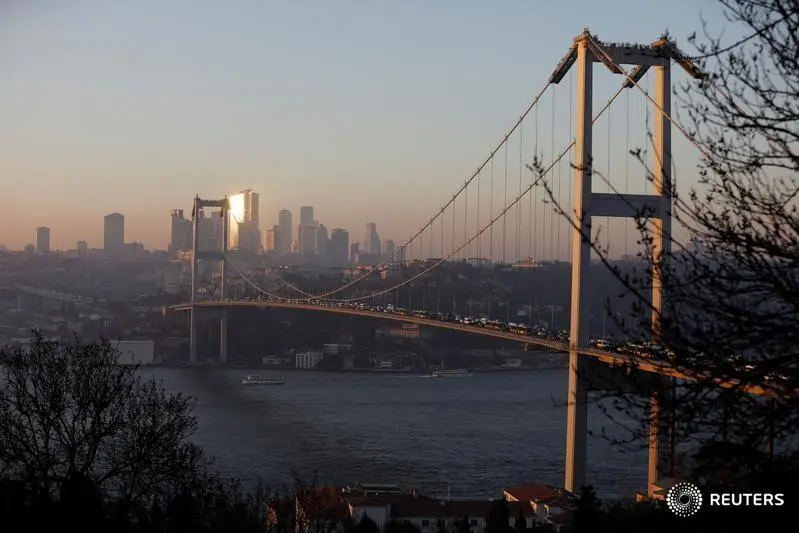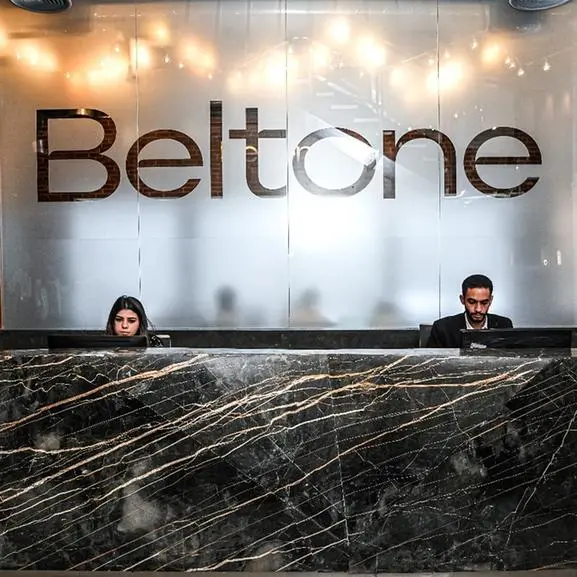PHOTO
According to think tank Freedom House, internet freedom is declining all around the world. Censorship is being ramped up on everything from social media or e-commerce websites to search engines.
Interestingly, many of the countries with the strictest rules and highest censorship are also popular tourist destinations.
“With this in mind, it’s wise to check if your next travel destination has any internet restrictions. Especially if you are planning to do some work there,” said Daniel Markuson, digital privacy expert at NordVPN, a global VPN service provider. “One of the most powerful tools to avoid such internet censorship is a virtual private network. Both travellers and locals use VPNs to access the internet with no limitations.”
However, though most countries around the world allow VPN use, some consider VPN services undesirable or even illegal. Digital privacy expert Daniel Markuson suggests to stay attentive and check the rules before the trip.
Tourist destinations with most restrictions
China is the world leader in internet censorship with its “Great Firewall.” All VPNs used in China must be approved and comply with government regulations. However, it’s quite difficult to understand China’s VPN laws and the legal status of VPNs, as there’s a lot of grey area. In any case, there’s no public information on foreigners experiencing serious issues when using VPNs in this country.
Turkey has recently taken a sharp turn towards authoritarianism. Within a couple of years, many websites or apps have been banned and independent journalists jailed. Even such giants as Wikipedia, Twitter, and Facebook are having issues. Predictably, people turned to VPNs to evade the censorship, which resulted in a VPN ban.
Iran is one of the trending hotspots for adventurous travellers. However, this country manipulates its citizens by abusing free internet access regularly. For example, it censors many popular global websites. During elections or political unrest, Iran throttles the internet nationwide to make communication and organisation more difficult. It is no surprise that only government-approved VPNs, which provide the authorities with censorship and surveillance capabilities, are legal to use.
Egypt is known to block its citizens from visiting a range of various websites. This trend has accelerated over the last few years, with numerous international and even local news sources being blocked. Are you starting to see a pattern? VPNs make the internet free and accessible, so if the national government doesn’t want that to be the case, it will want to block VPNs.
Vietnam is known as one of the friendliest countries in the world, highly popular with tourists. However, Vietnam’s censorship of certain websites can be severe. Governmental institutions spy on almost all internet users, with tourists often coming under the radar. - TradeArabia News Service
Copyright 2019 Al Hilal Publishing and Marketing Group Provided by SyndiGate Media Inc. (Syndigate.info).





















